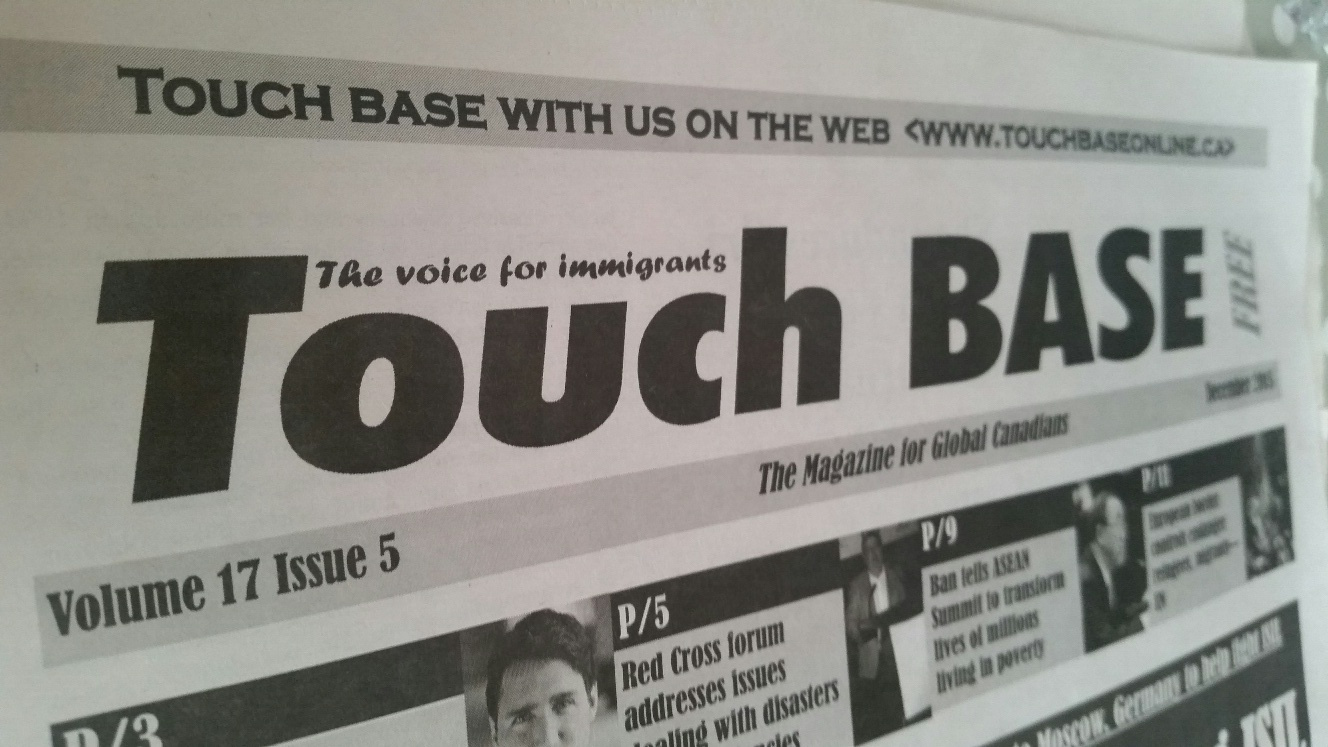
By Robin Arthur
The new political milieu that we see unfold in the western world this century is reminiscent of that scary era when two world wars eliminated millions of people. A sweeping view of the current political landscape emerging in Europe and in the United States of America makes it almost worrying to think of how fast and furiously the ideas of bigots and demagogues are beginning to influence voter electorates in the West to create isolated havens settled by people of “pure Aryan races.” The two World Wars of the last century were fought precisely for that nirvana.
The G-7 Summit in June was contentious and acrimonious. It threatened to kick off a trade war. The UK and Europe are now in many ways divided. The G-7 Summit hosted in Canada last week brought that out in the open with French President Emmanuel Macron declaring diplomacy cannot be dictated by “fits of anger”. US President Donald Trump and Canada’s Prime Minister Justin Trudeau traded verbal blows like never before.
At another end of the spectrum, anger over Europe’s liberal immigration policy may have been brewing for a long time. But in early 2012 that festering anger among European right wingers burst out with lone wolf terrorist attacks on the continent – the 2011 shooting on the island of Utøya in Norway by Anders Behring Breivik was just one of them.
This mood earlier broke new ground when Brexit took the world by surprise. That was probably the first open demonstration of irritation festering within rightwing western electorates at the rapidly growing migration of people to their shores. Across Europe, we see a similar sentiment – France’s Marine Le Pen’s far-right National Front is opposed to the EU and the euro, Denmark allows its police to seize the property of migrants to pay for their upkeep and now Austria has said it will close down seven mosques and expel imams who it says are funded by foreign countries. Seen within that lens, the emergence of a Donald Trump in the United States with calls to Make America Great Again should have come as no surprise.
All of this somewhat resembles the political climate in Europe just prior to World War II.
The migration of peoples is as old as the hills. In the last two centuries, people have been moving across borders driven either by war, famine or poverty. But that did not actually change the face of the demographic, at least in Europe or North America. So peace prevailed. Then in the later half of the last century the tides changed: dwindling populations in Canada, the US and Europe presented new imperatives to governments on these two continents – immigration was the expedient way to bump up the continent’s sagging economy. So the doors opened and newcomers brought with them a new set of lifestyles and diverse faith traditions. The demographic changed and with it, new challenges surfaced. So, while immigration may have spruced up their economies, anger was fermenting among bigots in Europe and the US. Consequently, the campaign lines “taking back control” in Britain and “Make America Great Again” took to the streets.
At the root of all this is a growing nationalist ethos that trumps the common good, throwing globalization into the garbage dumps of history. This is scary. In a quiet moment, it’s nice to think about how and why this has come to pass. What’s the way out of this quagmire? .
Of course, the job cannot be done by cursing the darkness and telling the world what it already knows. But it’s fair to say that no one should, any longer, ignore the fact that man must share a common responsibility for a common future. It is believed that 80 percent of babies born every day are from the developing world. If we do not give these children the skills to empower themselves, the burden of life will ultimately impact all of humanity.
The neglect of literacy and the desperation that the resulting poverty has brought about in developing countries, has primed the migration movement across borders. So, a globalized world needs to work together to alleviate those conditions if one is to stop this cross-border migration. There are no “quick fixes”.
The creation of the European Union was a great idea. Similar economic blocs can bring about that change we seek. The idea of a world commonwealth is not new. It was the inspiration behind the founding of the League of Nations.
Of course, the elephant in the room – the bigot and demagogue – must be ordered out. World War II is a stark reminder of that. The stakes are high. The global community needs to give that challenge a shot, before time runs out.

